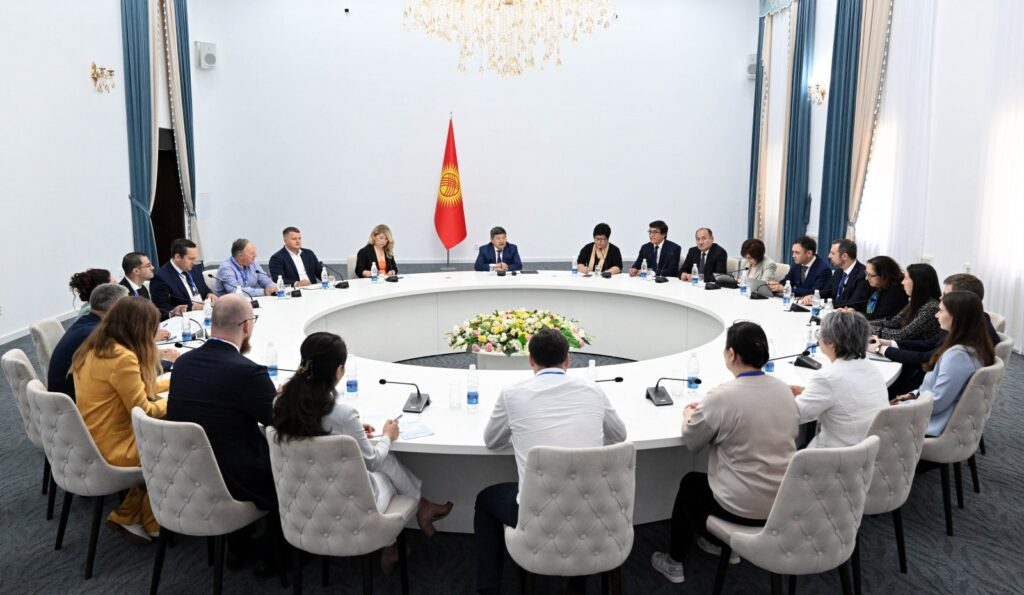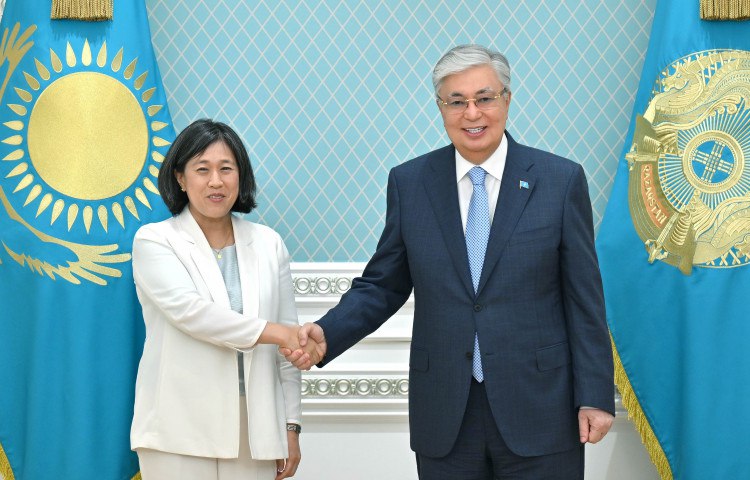BISHKEK (TCA) — The top U.S. diplomat for Central Asia says the region’s relative stability means it often does not get much attention, but that a top priority when the next U.S. president takes office will be to explain the area’s importance to that new administration, the Voice of America reported on August 30.
Deputy Assistant Secretary of State Daniel Rosenblum said he is confident that the group of countries that includes Kazakhstan, Kyrgyzstan, Tajikistan, Turkmenistan and Uzbekistan will be seen as a good investment of State Department resources.
“We want stability. We want these countries to be able to be secure and not become havens for terrorist activity,” Rosenblum told VOA’s Uzbek Service in Washington. “We saw what happened in Afghanistan in the 1990s and what that resulted is in terms of a threat to our national security and we don’t want the same to play out in Central Asia.”
In addition to security, the U.S. is also prioritizing economic success in the region including cross-border trade and infrastructure improvements.
The five Central Asia nations are 25 years removed from being part of the Soviet Union and, given their proximity, remain of interest to Russia and also neighboring China.
Rosenblum said the fact that three powers are involved in the region does not mean it is a contest with a winner and a loser.
“We think that we have a lot of common goals with other countries in the region, including Russia and China,” he said. “The stability goal I talked about, the economic connectedness goal, the idea that these countries should be more prosperous and should succeed, I think these are shared goals, and our belief is that our relationship and our activity in the region is not coming at the expense of anyone else.”







